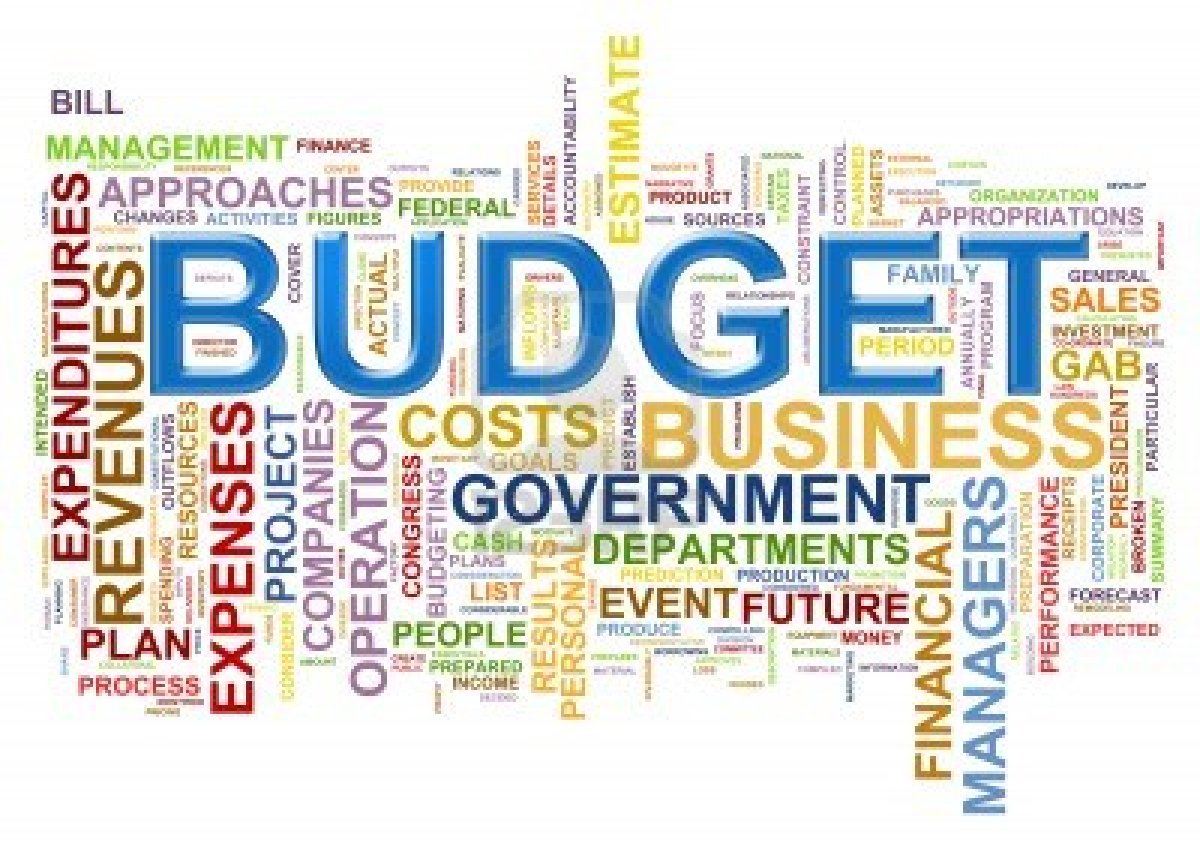
Noida-Greater Noida Expressway attracting corporates
Bottom Line: Noida-Greater Noida Expressway has emerged as the brand…

Bottom Line: Noida-Greater Noida Expressway has emerged as the brand…

Brotin Banerjee, MD & CEO of Tata Housing believes more…

Industry players’ have given mixed reaction on the Union Budget…

The Union Budget 2016-17 only touches upon some pain points…

Housing demand is a serious matter of concern and the…

Dubai property market has been centre of attraction for the investors from across the world. Indians, of course, have been a significant contributors and Dubai rates India as the second largest investor country after the UK. Sultan Ebrahim Alakraf, Senior Director of Land Department, Government of Dubai, shares with Ravi Sinha how Dubai has been consciously trying to create its own brand differentiator with ease of doing business and easy exit to the investors. Excerpts of an exclusive interview:

To say that the year 2015 has not been very excisiting for the real estate market across the Mumbai Metropolitan Region (MMR) would be stating the obvious. The slowdown in the macro-economy, wait & watch by the homebuyers in the property market, relatively higher cost of borrowing till late and fate of reforms oriented policies hanging in uncertainty all collectively dampenend the property market in India’s financial capital. Will the year 2016 be any different?

Today, the world sees India as a land of opportunity for business and investment. RBI head Raghuram Rajan said in mid-September that while fellow BRICs have deep problems, India appears to be an island of relative calm in an ocean of turmoil.

The year 2015 should have been the year of realization that the days of creating ghost cities with inventory for investors is over. The greedy investor is no more interested in blocking his money with a business where the returns in any of India’s major housing market is not more than six per cent today.

From being the governance wild child to maturing into a market influencer, India’s real-estate sector has transformed in the past decade, with a paradigm shift from family owned businesses to corporates along with a few companies listing on stock exchanges. The change began with the government opening doors to Foreign Direct Investment (FDI) in 2005 and then welcoming the next wave of stability as corporate houses brought image restoration for the sector. Led by corporate entities, realty companies soon adopted corporate governance wherein transparency began to trickle down into the system as a norm slowly.
